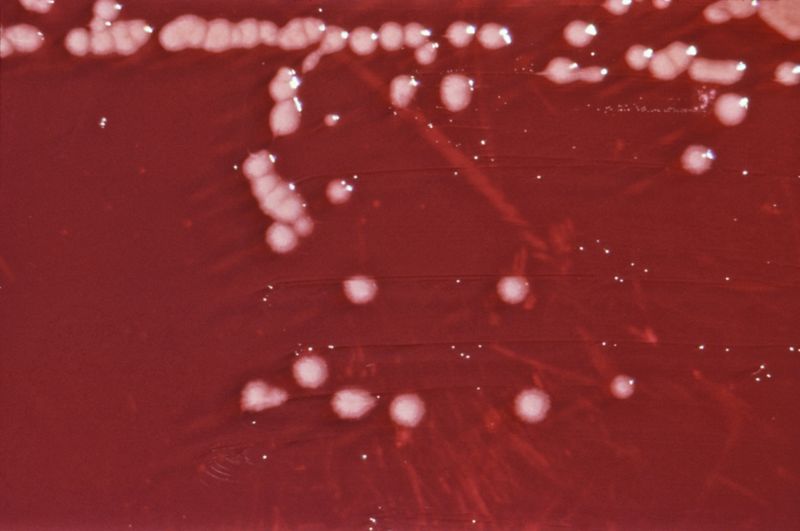New Insights into Intestinal Bacteria: Microbiome's Role in Pathogen Defense

In a groundbreaking study published in the journal Nature Communications on June 27, 2025, researchers from Kiel University and collaborating institutions have unveiled critical insights into the role of intestinal bacteria in protecting host organisms against pathogens. This research, led by PD Dr. Katja Dierking from the Evolutionary Ecology and Genetics research group, focuses on the nematode Caenorhabditis elegans and its microbiome, particularly the genus Pseudomonas, which has been found to produce sphingolipids that strengthen the host's intestinal defenses.
The study highlights the complex interplay between microorganisms and their host, emphasizing that the microbiome is not merely a collection of bacteria, viruses, and fungi but a dynamic entity influencing various physiological functions. According to Dierking, "Understanding these microbial interactions is essential for developing new strategies to manage gut health and combat infections."
Historically, sphingolipids, which are typically associated with eukaryotic organisms, were thought to be produced only by a select few bacterial phyla. However, the research team discovered that the Pseudomonas bacteria utilize an alternative metabolic pathway to synthesize these lipids, diverging from previously established bacterial biosynthetic processes. This finding challenges the prevailing assumptions regarding bacterial metabolism and suggests a broader potential for sphingolipid production among gut-associated bacteria.
Dr. Lena Peters, a key researcher in the study, noted, "Traditionally, bacteria manipulate host sphingolipid metabolism to facilitate infections. Our findings indicate that Pseudomonas sphingolipids may enhance the host's barrier function against pathogens, thereby providing unexpected protective benefits."
The protective mechanism identified in this study involves the enhancement of the intestinal epithelium's barrier against the bacterial pathogen Bacillus thuringiensis. The researchers demonstrated that the presence of Pseudomonas fluorescens, which harbors the gene cluster responsible for sphingolipid production, significantly improved the survival rate of C. elegans when exposed to this pathogen. This suggests that the genetic and metabolic capabilities of gut bacteria can profoundly influence host health.
The implications of this research extend beyond basic microbiology. By elucidating how microbial metabolites contribute to host defense, the findings may pave the way for novel therapeutic approaches aimed at restoring or enhancing gut microbiome functions in humans. As Dierking explained, "Our ultimate goal is to leverage these insights to address disorders linked to dysbiosis in the human gut microbiome, potentially leading to innovative treatments for various gastrointestinal diseases."
The interdisciplinary study involved collaboration with scientists from the Max Planck Institute for Terrestrial Microbiology and the University of Edinburgh, highlighting the importance of cooperative research in advancing scientific knowledge. The results not only contribute to the understanding of microbial interactions but also raise questions about the evolutionary pressures shaping these relationships.
In conclusion, this research underscores the critical role of the microbiome in host defense mechanisms and opens new avenues for understanding and manipulating these complex interactions. As microbiome research continues to evolve, it is expected that further studies will unravel additional layers of this intricate biological network, ultimately informing health strategies and therapeutic interventions.
For more information, the full study can be accessed in Nature Communications.
References: Peters, L., Dierking, K., Kaleta, C., & Liebeke, M. (2025). Polyketide synthase-derived sphingolipids mediate microbiota protection against a bacterial pathogen in C. elegans. Nature Communications. DOI: 10.1038/s41467-025-60234-1.
Advertisement
Tags
Advertisement





